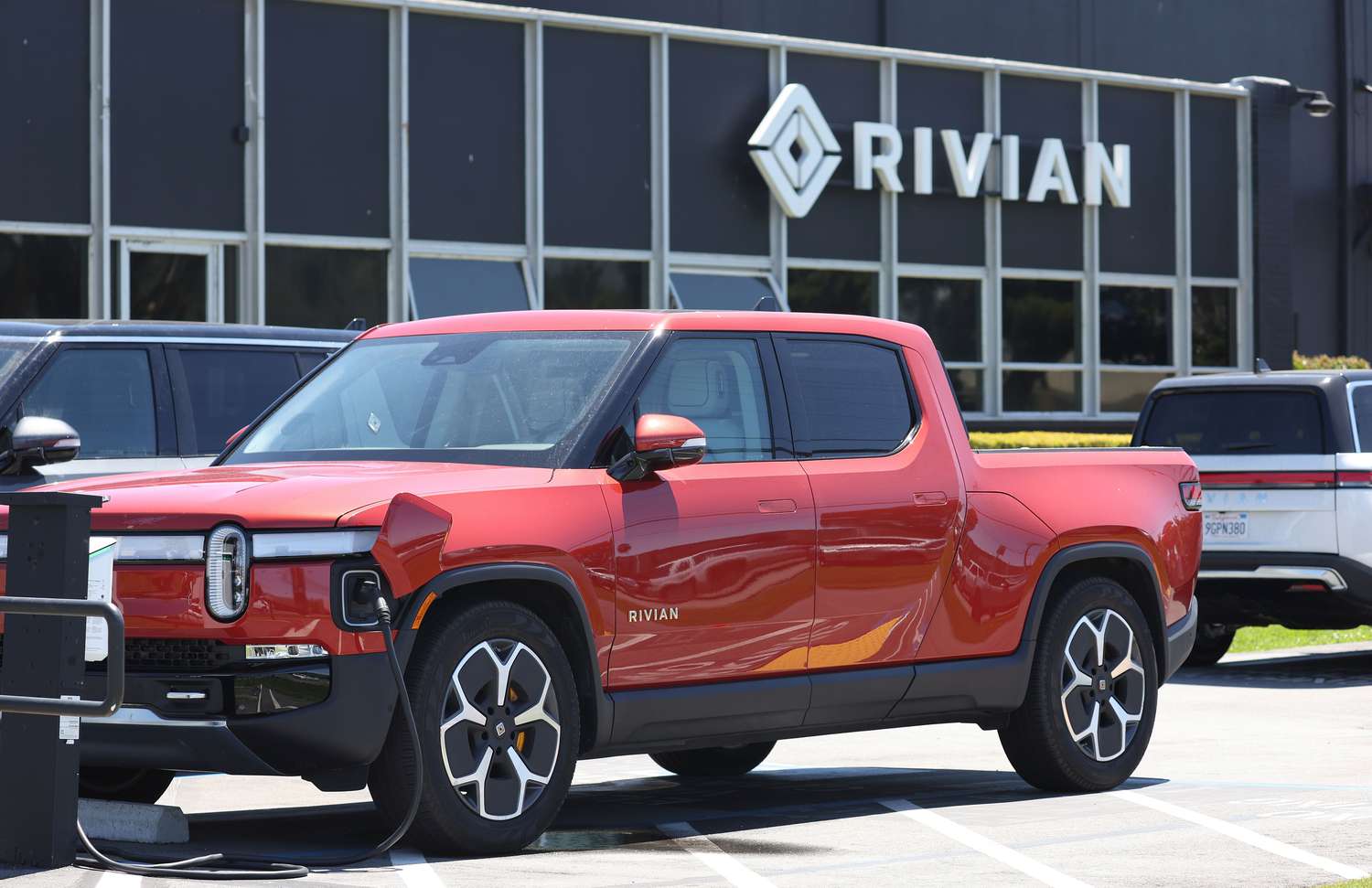In a recent report, it has been highlighted that EV companies, including Rivian, are grappling with the substantial expenses associated with manufacturing electric vehicles. While the shift to electric vehicles has become a fierce competition amongst automotive giants and smaller startups alike, it is the latter that is facing significant financial challenges.
Key Takeaway
Although the EV market is witnessing intense competition between established automotive giants and smaller startups, the latter face significant financial challenges in scaling production. Rivian serves as a notable example, with substantial losses incurred as it strives to prove its long-term viability as a sustainable business in the EV industry.
The Financial Difficulties Faced by Startups
Startups in the EV industry are currently experiencing substantial cash burn, resulting in concerns over fair competition and subsidies. In particular, China and other economies are engaged in a dispute over subsidies, reflecting the financial strain faced by these companies.
However, subsidies are just one aspect of the problem. There is a growing discussion about the central role China plays in the global battery supply chain and how new regulations may disrupt the current landscape. Similar to the focus on food security and semiconductor manufacturing, countries and economic blocs now seek to ensure their ability to meet the demand for green technologies.
Scaling Production and Financial Sustainability
For EV startups, the priority lies in scaling up production and demonstrating their long-term viability to investors. By manufacturing and selling more cars, these companies aim to increase cost efficiencies in manufacturing and research, ultimately leading to improved profitability. As a result, it is not surprising that substantial spending and significant losses are often observed as these startups expand their production capabilities.
One such example is Nio, a Chinese EV company listed in the U.S., which reportedly incurs a loss of approximately $35,000 per car. Rivian, a U.S.-based company, delivered 12,640 vehicles in the second quarter of 2023. Despite generating $1.12 billion in revenue, it experienced a gross loss of $412 million, an operating loss of $1.29 billion, and a free cash flow deficit of $1.62 billion. The gross margin stood at -37%.

























